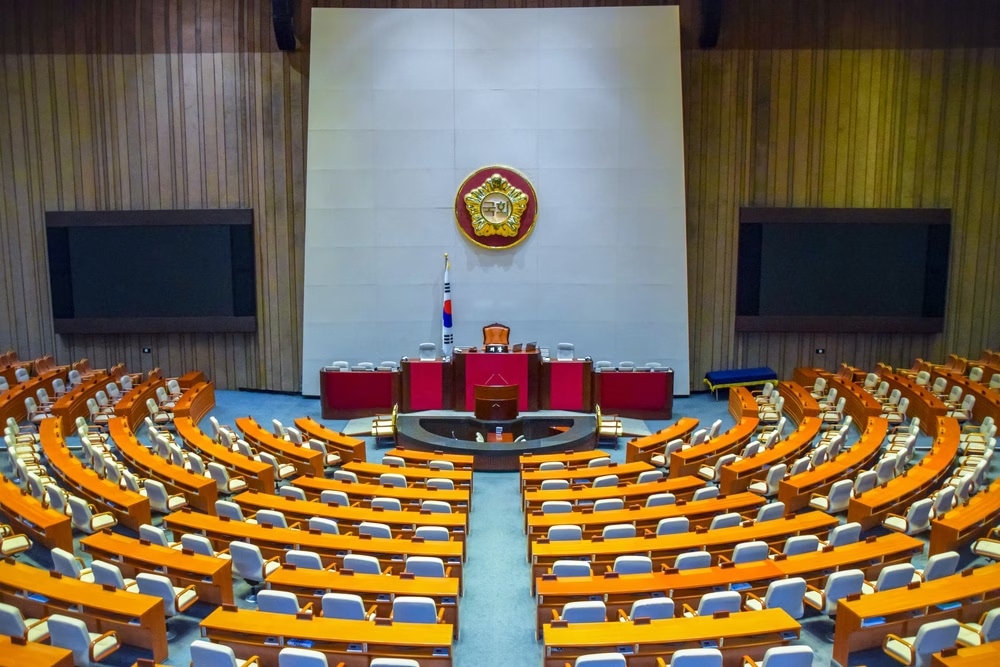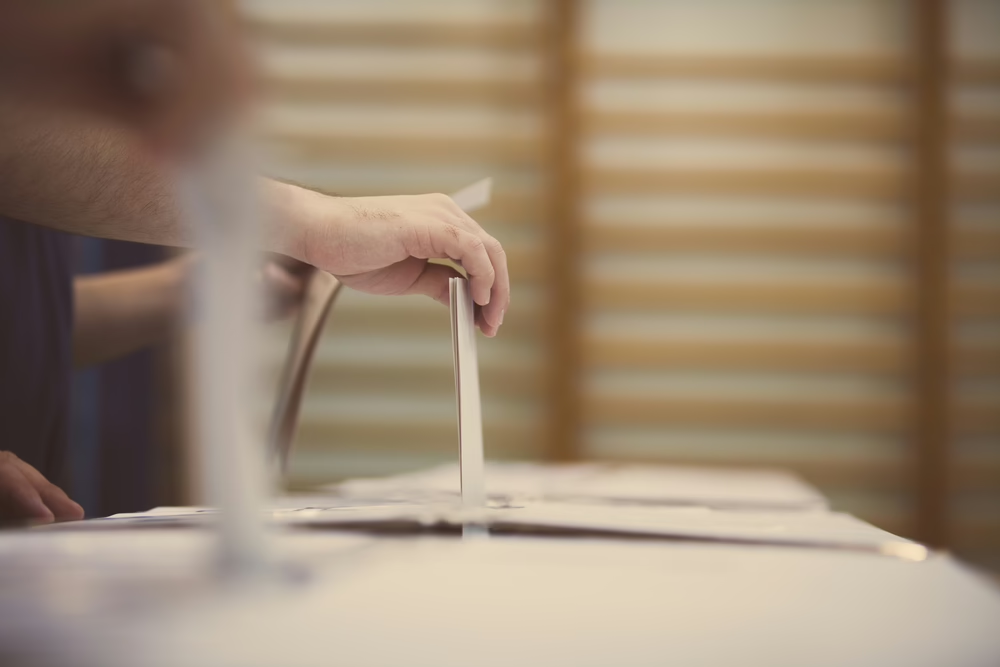This can be a dispiriting time to follow U.S. politics — especially for someone of my classical liberal (a.k.a. conservative) views. President Trump is the most unethical, unhinged and openly racist president in modern history, and yet he still maintains the support of roughly 40 percent of voters and 85 percent of Republicans. GOP leaders know how awful he is but are too cowardly to speak out. Congressional candidates are actually echoing many of Trump’s most offensive and authoritarian statements, from his calls to lock up Hillary Clinton to his attacks on special counsel Robert S. Mueller III. It’s hard to know who is worse — Trump himself or his many enablers.
If there is any silver lining to this dark cloud hanging over our democracy, it is that Trump’s outrageous behavior is provoking opposition from a growing number of good-government groups. Both the center-left and center-right are mobilizing and — best of all — they are cooperating, because they realize that their policy differences fade into insignificance at a time when our core institutions and norms are under assault.
It’s hard to keep up with all of the groups that are protesting Trump and championing democracy. They include the Protect Democracy Project, R Street, Citizens for Responsibility and Ethics in Washington, Issue One, Project on Government Oversight, Common Cause, Public Citizen, the Committee to Investigate Russia, Stand Up Republic and Republicans for the Rule of Law. Some, such as Common Cause and Public Citizen, are long-standing liberal groups. Others, such as Stand Up Republic (founded by Evan McMullin and Mindy Finn after their run for president and vice president in 2016) and Republicans for the Rule of Law (started by Bill Kristol, Mona Charen and others), are new groups formed by conservatives.
Most of these organizations were represented at the National Summit for Democracy, held in Washington in February. It was an invigorating event, bringing together civil society activists to figure out how to protect our institutions from the threat of Trumpism. For someone such as me, who feels aghast at the direction of the Trumpified Republican Party, it was reassuring to meet so many on the left and right who share my horror at what the president is doing to the country we love.
The newest group to join the fight, and the one I’ve been most closely involved in starting, is called the Renew Democracy Initiative. Its chairman is Garry Kasparov, the world chess champion turned democracy activist. The president is New York financier Richard Hurowitz. I’m on the board of directors along with my fellow Post columnist Anne Applebaum. But this is not just a conservative undertaking. Also on the board is the liberal novelist Richard North Patterson, and the signatories to RDI’s manifesto include liberal luminaries such as law professor Laurence Tribe, African American studies scholar Henry Louis Gates Jr., the novelist Scott Turow, and actors Larry David and Stephen Fry. There is also a transatlantic cast to the signatories, including former prime minister José María Aznar of Spain, the British architect Lord Norman Foster, the Israeli human rights activist Natan Sharansky and Nobel Prize-winning writer Mario Vargas Llosa of Peru.
As this eclectic and impressive group of signatories would suggest, RDI’s manifesto isn’t limited to the problem confronting the United States. In fact, the manifesto never mentions Trump, because the U.S. president is just part of a worldwide phenomenon — the rise of authoritarian populists such as Prime Minister Viktor Orban of Hungary and President Rodrigo Duterte of the Philippines. As the manifesto notes, “The economic and political stability we have taken for granted for decades is eroding rapidly. The core principles of liberal democracy that once defined a centrist political majority across the free world are being pulled apart as once fringe views from the left and right gain public acceptance.”
In the face of this assault, RDI’s manifesto issues a call to mobilize the forces of moderation: “There is still a center in Western politics, and it needs to be revitalized — intellectually, culturally, and politically. The center right and center left are still joined by a broad set of common values, including respect for free speech and dissent, a belief in the benefits of international trade and immigration, respect for law and procedural legitimacy, a suspicion of cults of personality, and an understanding that free societies require protection from authoritarians promising easy fixes to complex problems.”
Trying to defend these ideas may sound like a mission impossible when extremism appears ascendant, but Emmanuel Macron showed last year in France that it’s still possible for a centrist to prevail against the far left and far right. Obviously, signing petitions and issuing manifestos won’t by themselves transform U.S. politics. But the intellectual labor now going on to revitalize the center is necessary if we are to prevent our democracy from eroding even further as is now happening in Hungary and Poland.





